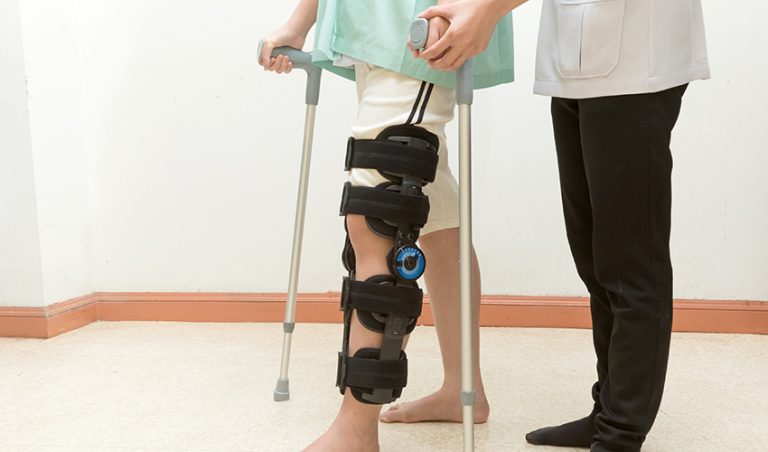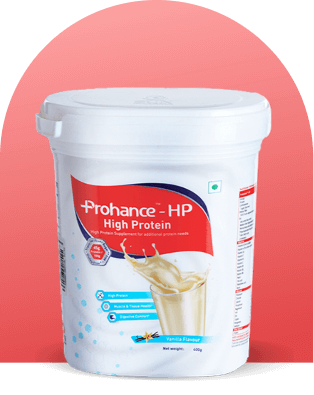
Surgeries, both major and minor, are pretty common in today’s age. While surgeries are mainly performed to help the patient lead a fitter and more fulfilling life, without efficient post-operative care, even the most successful and well-planned surgeries may take a toll on the patient’s health and spirit.
Even when well-intentioned and planned, surgery requires cutting through several layers of a person’s body. Therefore, it is normal for the body to react adversely for some time, just like it does to an accident or a cut. During this healing period, the patient requires special care, attention, and nutrition to help the body recover naturally from the inside.
In order to ensure speedy recovery, it is imperative that you start preparing ahead of time for the recovery process and learn about post operative care. Enquire about as many things from your doctor as you feel before going for the surgery. If you are the primary caretaker of your family and may need to manage your discharge from the hospital post-surgery, learn about the discharge procedure and required documents.
Depending on the type of surgery you are about to have, you may need a caregiver; if you don’t have anyone to look after you post-surgery, arrange help before getting the surgery done. Learning about potential complications, apart from the common ones mentioned above, related to your specific procedure is also a good idea; this way you can prevent complications and get medical help in the early stages.
Prohance Protein powder presents a balanced combination of essential carbohydrates, good quality protein and necessary fats to enable a person to gain energy and heal faster even when he is unable to follow a strict diet. Prohance also has sugar-free protein powders for diabetes patients as well as weight watchers.
The well-balanced approach to holistic nutritional values taken by Prohance is championed by patients and medical practitioners and is sure to make you recover well and move faster after surgery.
Many times, the post operative care is almost as important as the surgery for helping a person get better. Following your doctor’s recommendation religiously during the recovery period of your surgery can yield positive outcomes for your overall health. It is good to be curious and open about any doubts or thoughts related to your health during this time period.
Here are some post-operative health tips to help you recover at home after surgery:
If you develop fever, unusual redness, or swelling at the surgical site, contact your doctor immediately.
Adequate post operative care is essential for making a complete recovery after a surgery; this is especially true for older people and young children. Ask your doctor before leaving the hospital about surgical recovery tips or a post-surgical care plan and contact them if you have any doubts to avoid any complications.
Moving the body according to the doctor’s instructions (if advised), resting, drinking plenty of fluids, and consuming nutritious meals is crucial in helping you return to your regular routine as soon as possible. Managing nutrition can be difficult with just your diet; thus, we recommend adding a nutrition supplement like Prohance HP Vanilla. A high protein powder, Prohance HP provides you energy, helps you build muscles, supports gut health, and boosts your immunity to support your speedy recovery after a surgery.
Disclaimer: This blog is meant for awareness purposes and does not constitute or imply an endorsement, sponsorship, or recommendation of any products. Please consult your doctor before starting any diet, medication, or exercise.
